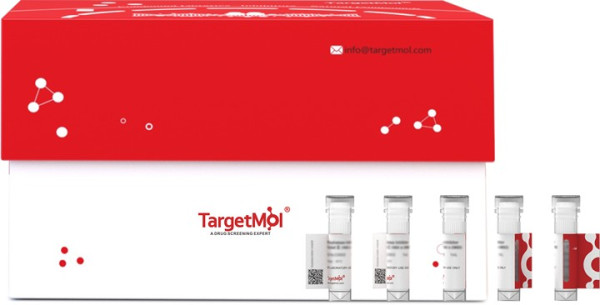Cookie preferences
This website uses cookies, which are necessary for the technical operation of the website and are always set. Other cookies, which increase the comfort when using this website, are used for direct advertising or to facilitate interaction with other websites and social networks, are only set with your consent.
Configuration
Technically required
These cookies are necessary for the basic functions of the shop.
"Allow all cookies" cookie
"Decline all cookies" cookie
CSRF token
Cookie preferences
Currency change
Customer-specific caching
FACT-Finder tracking
Individual prices
Selected shop
Session
Comfort functions
These cookies are used to make the shopping experience even more appealing, for example for the recognition of the visitor.
Note
Show the facebook fanpage in the right blod sidebar
Statistics & Tracking
Affiliate program
Conversion and usertracking via Google Tag Manager
Track device being used

| Item number | Size | Datasheet | Manual | SDS | Delivery time | Quantity | Price |
|---|---|---|---|---|---|---|---|
| TGM-TMPY-04456-50ug | 50 µg | - |
7 - 10 business days* |
397.00€
|
If you have any questions, please use our Contact Form.
You can also order by e-mail: info@biomol.com
Larger quantity required? Request bulk
You can also order by e-mail: info@biomol.com
Larger quantity required? Request bulk
Description: Serine/threonine-protein kinase D3, also known as Protein kinase C nu type, Protein... more
Product information "PKC nu Protein, Human, Recombinant (GST)"
Description: Serine/threonine-protein kinase D3, also known as Protein kinase C nu type, Protein kinase EPK2, PRKD3, EPK2 and PRKCN, is a cytoplasm and membrane protein that belongs to the protein kinase superfamily, CAMK Ser/Thr protein kinase family and PKD subfamily. PRKD3 / PRKCN contains one PH domain, two phorbol-ester/DAG-type zinc fingers and one protein kinase domain. Protein kinase C (PKC) is a family of serine- and threonine-specific protein kinases that can be activated by calcium and the second messenger diacylglycerol. PKC family members phosphorylate a wide variety of protein targets and are known to be involved in diverse cellular signaling pathways. They also serve as major receptors for phorbol esters, a class of tumor promoters. Each member of the PKC family has a specific expression profile and is believed to play a distinct role. PRKD3 / PRKCN converts transient diacylglycerol (DAG) signals into prolonged physiological effects, downstream of PKC. It is involved in resistance to oxidative stress. PRKD3 / PRKCN is activated by DAG and phorbol esters. Phorbol-ester/DAG-type domains 1 and 2 bind both DAG and phorbol ester with high affinity and mediate translocation to the cell membrane. Autophosphorylation of Ser-735 and phosphorylation of Ser-731 by PKC relieves auto-inhibition by the PH domain. PRKD3 / PRKCN can be activated rapidly by the agonists of G protein-coupled receptors. It resides in both cytoplasm and nucleus, and its nuclear accumulation is found to be dramatically enhanced in response to its activation. PRKD3 / PRKCN can also be activated after B-cell antigen receptor (BCR) engagement, which requires intact phospholipase C gamma and the involvement of other PKC family members.
| Keywords: | protein kinase D3, PRKCN, nPKC-NU, EPK2, PKD3, PKC-NU |
| Supplier: | TargetMol |
| Supplier-Nr: | TMPY-04456 |
Properties
| Conjugate: | No |
| MW: | 126.7 kD |
Database Information
| KEGG ID : | K06070 | Matching products |
| UniProt ID : | O94806 | Matching products |
| Gene ID : | GeneID 23683 | Matching products |
Handling & Safety
| Storage: | -20°C |
| Shipping: | +4°C (International: +4°C) |
Caution
Our products are for laboratory research use only: Not for administration to humans!
Our products are for laboratory research use only: Not for administration to humans!
You will get a certificate here
Viewed

